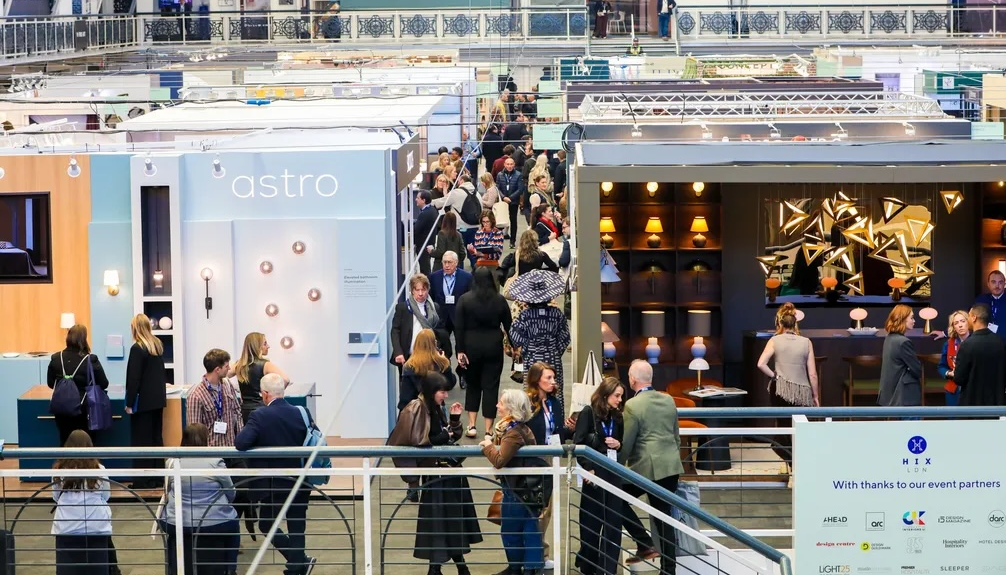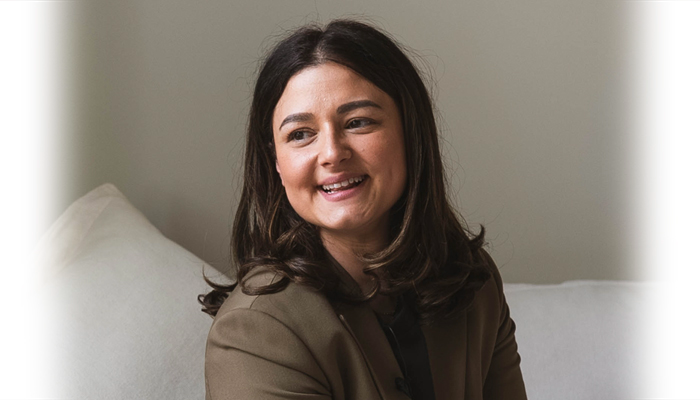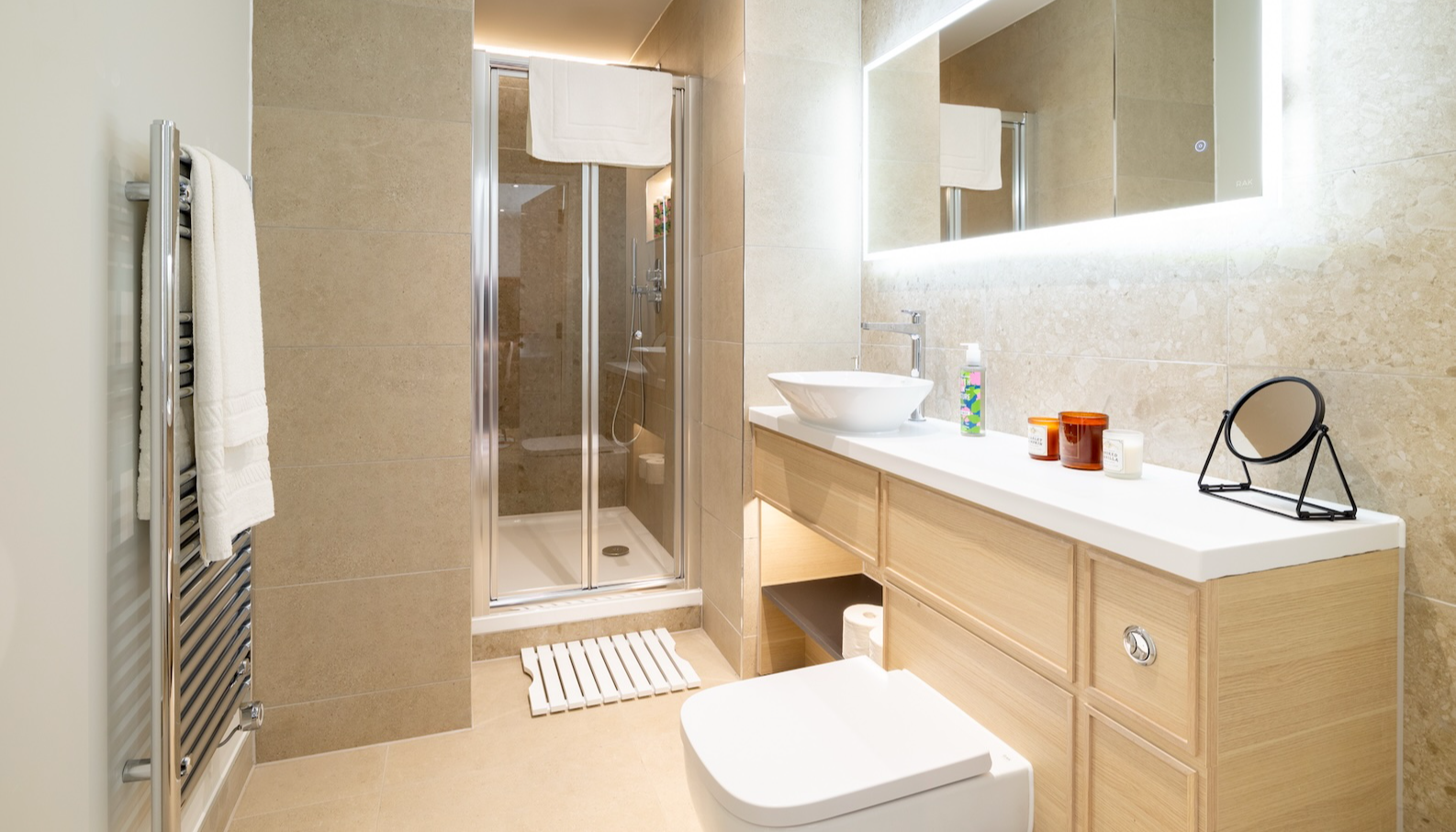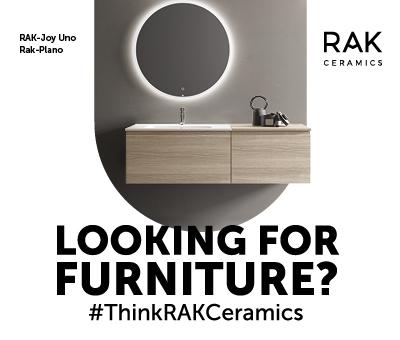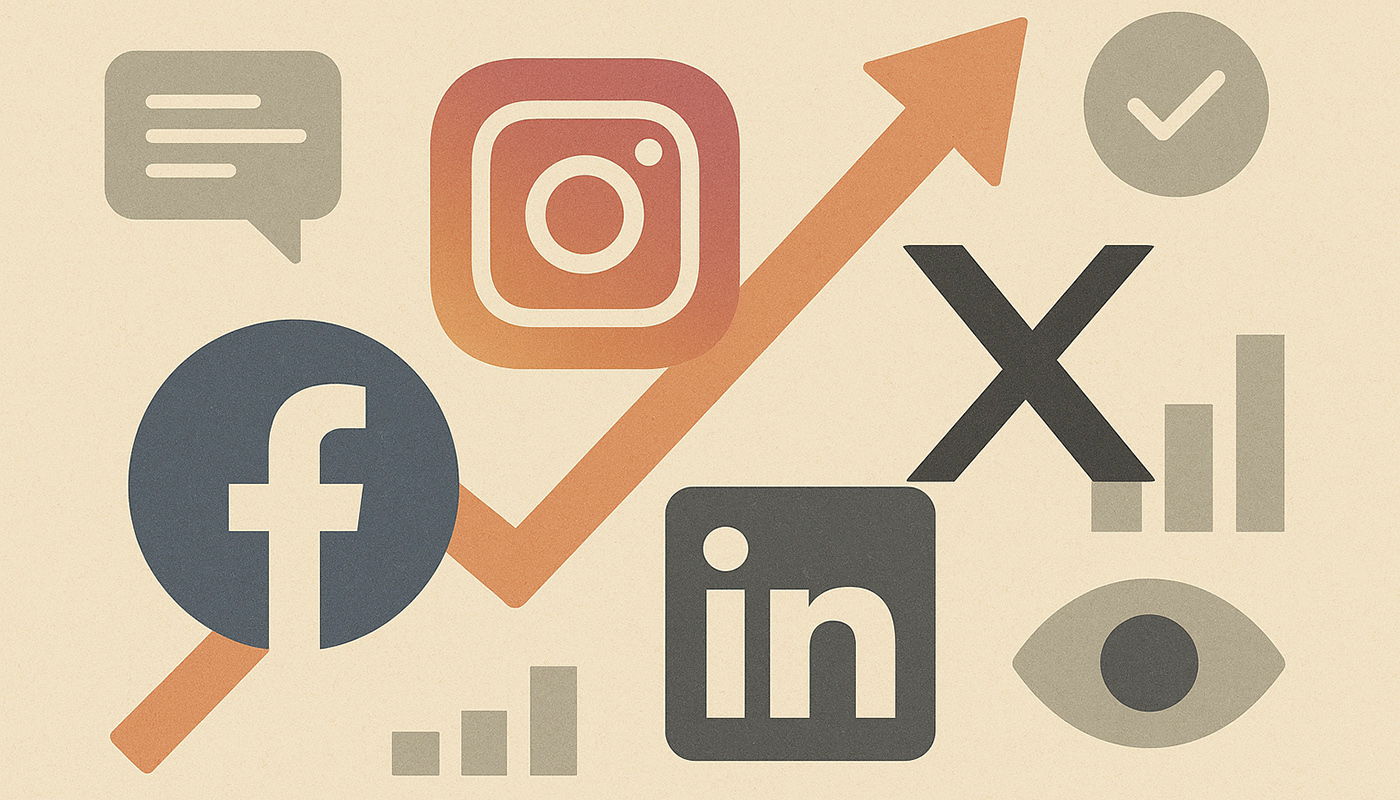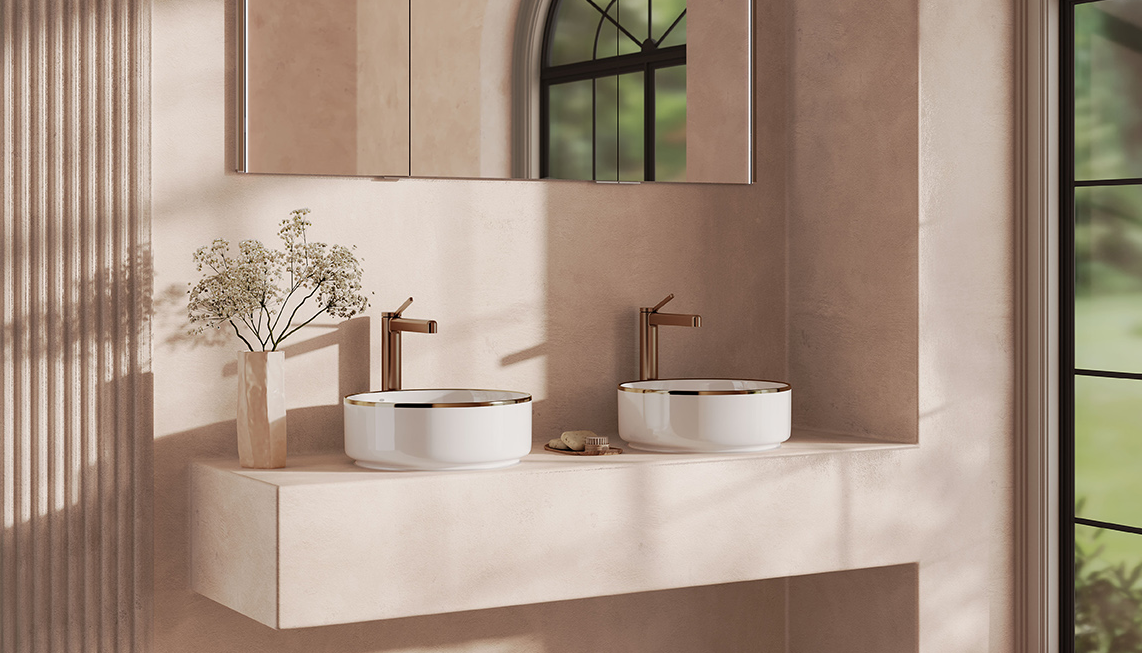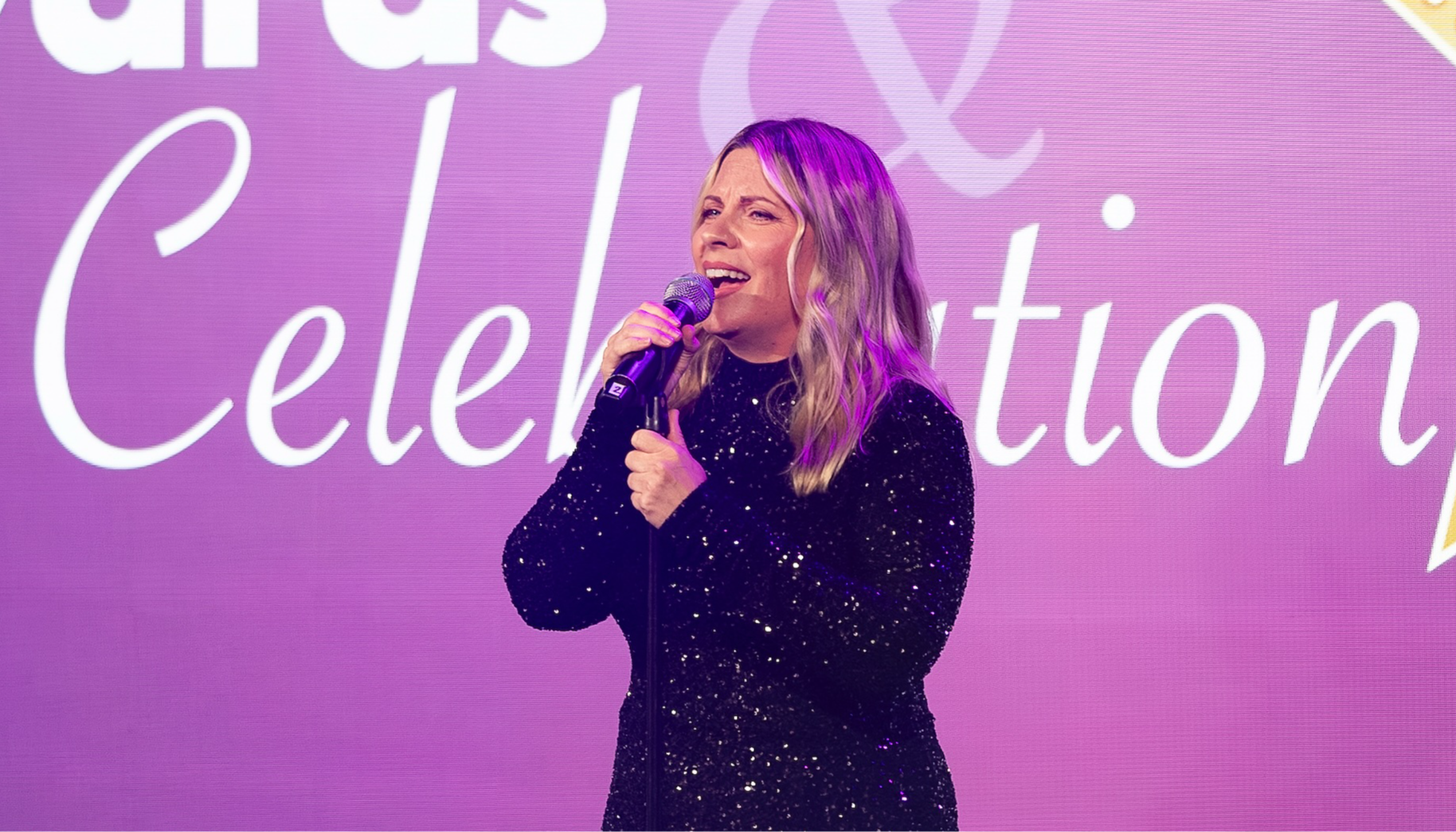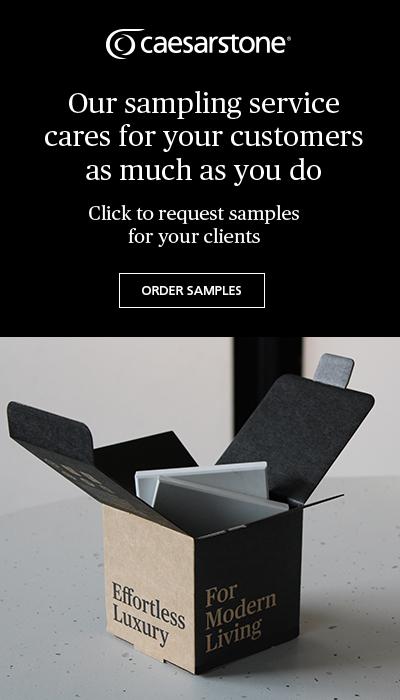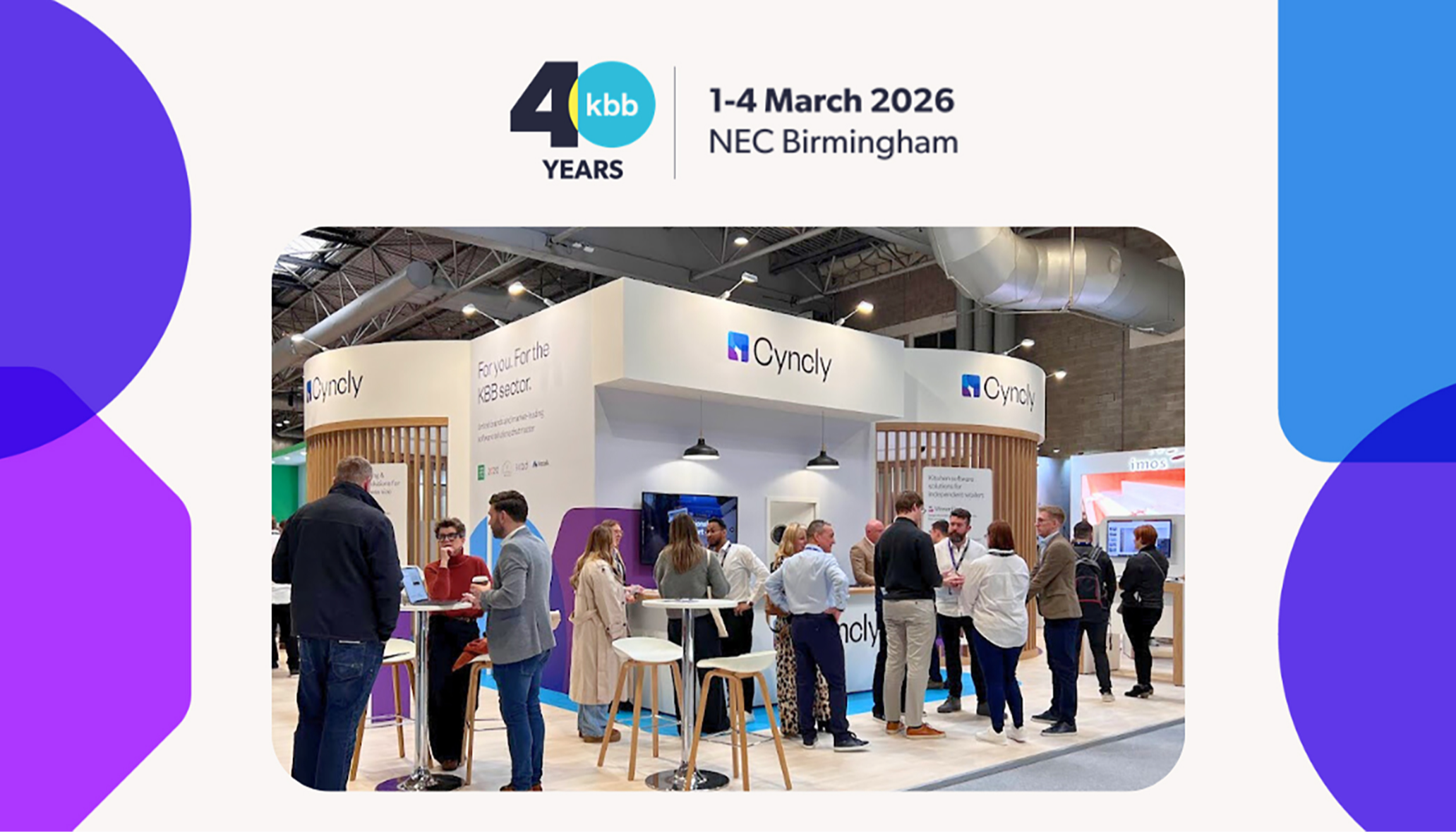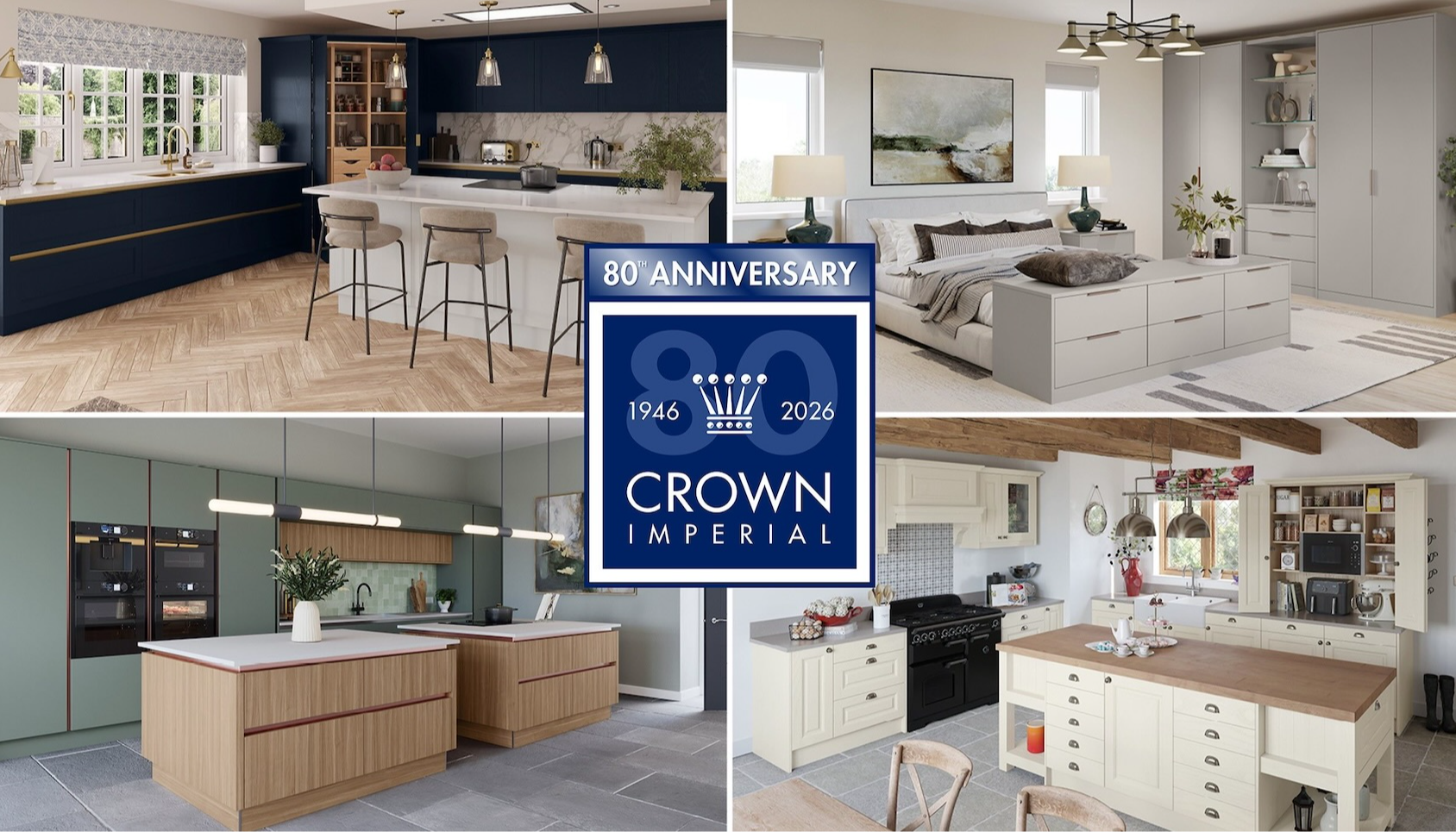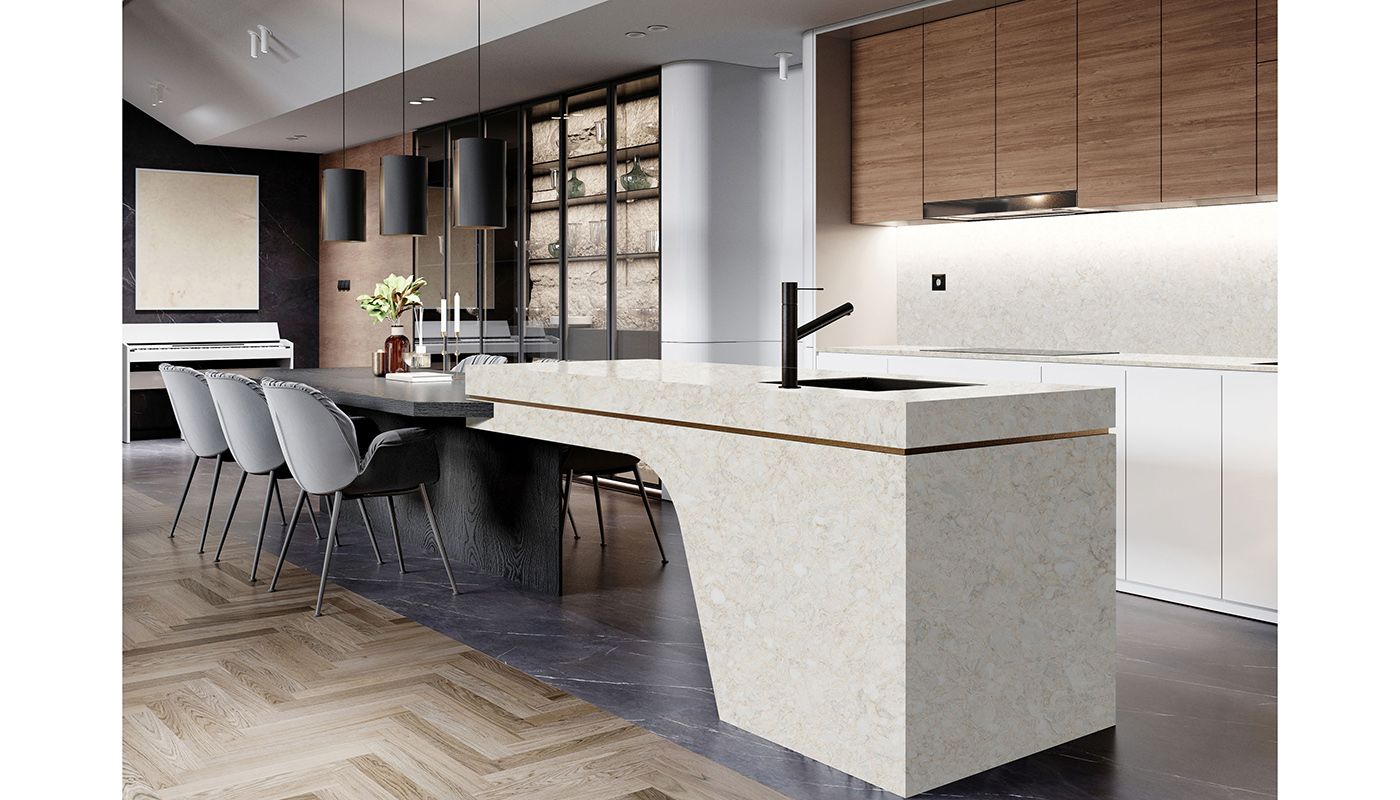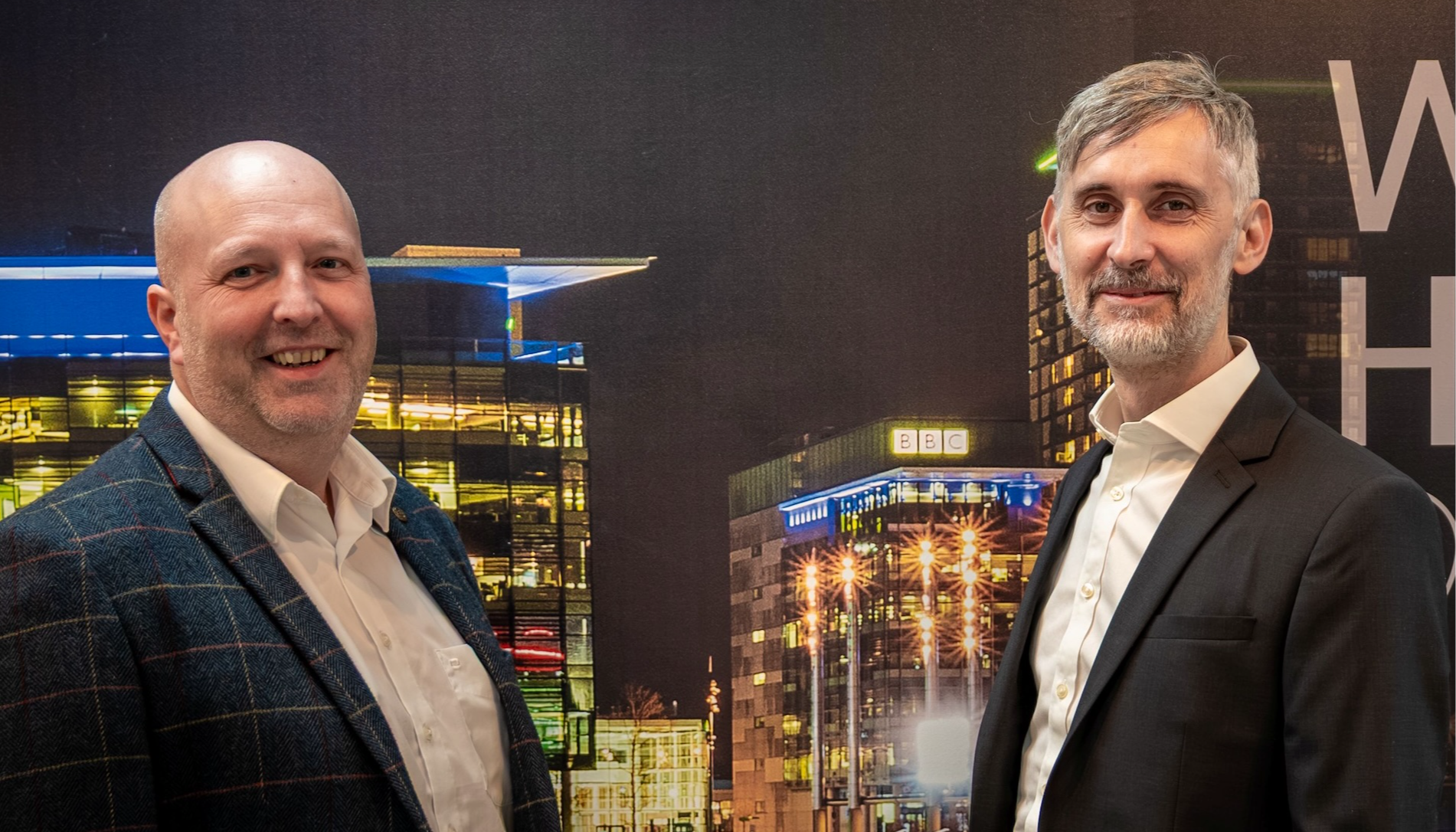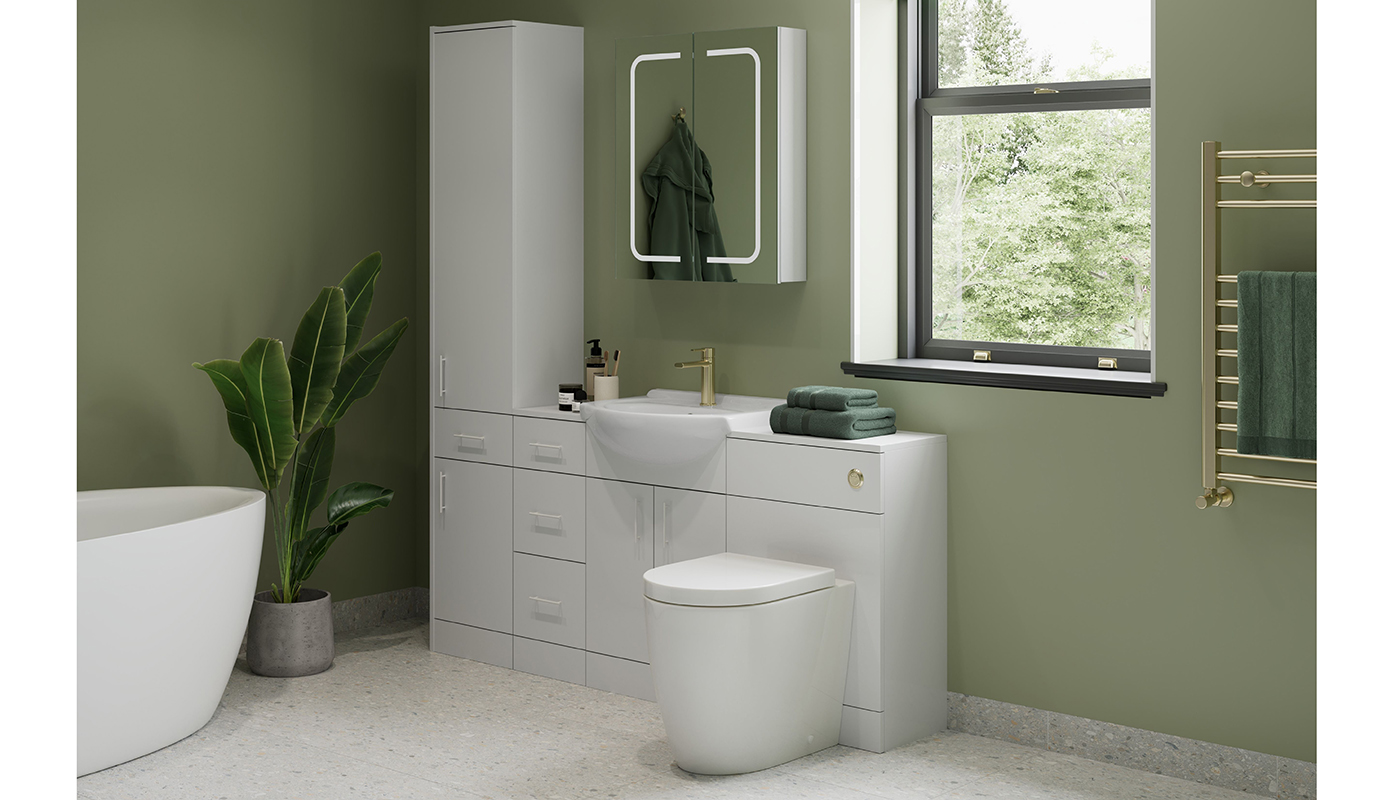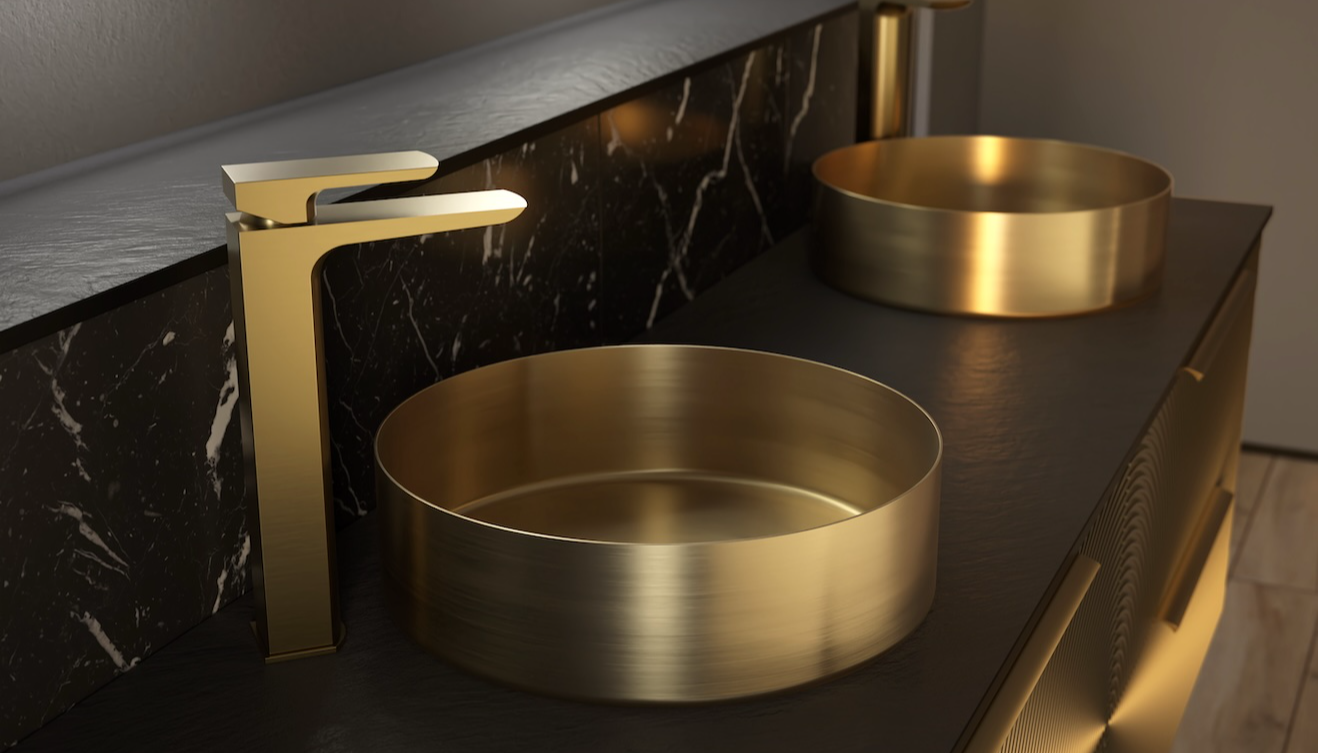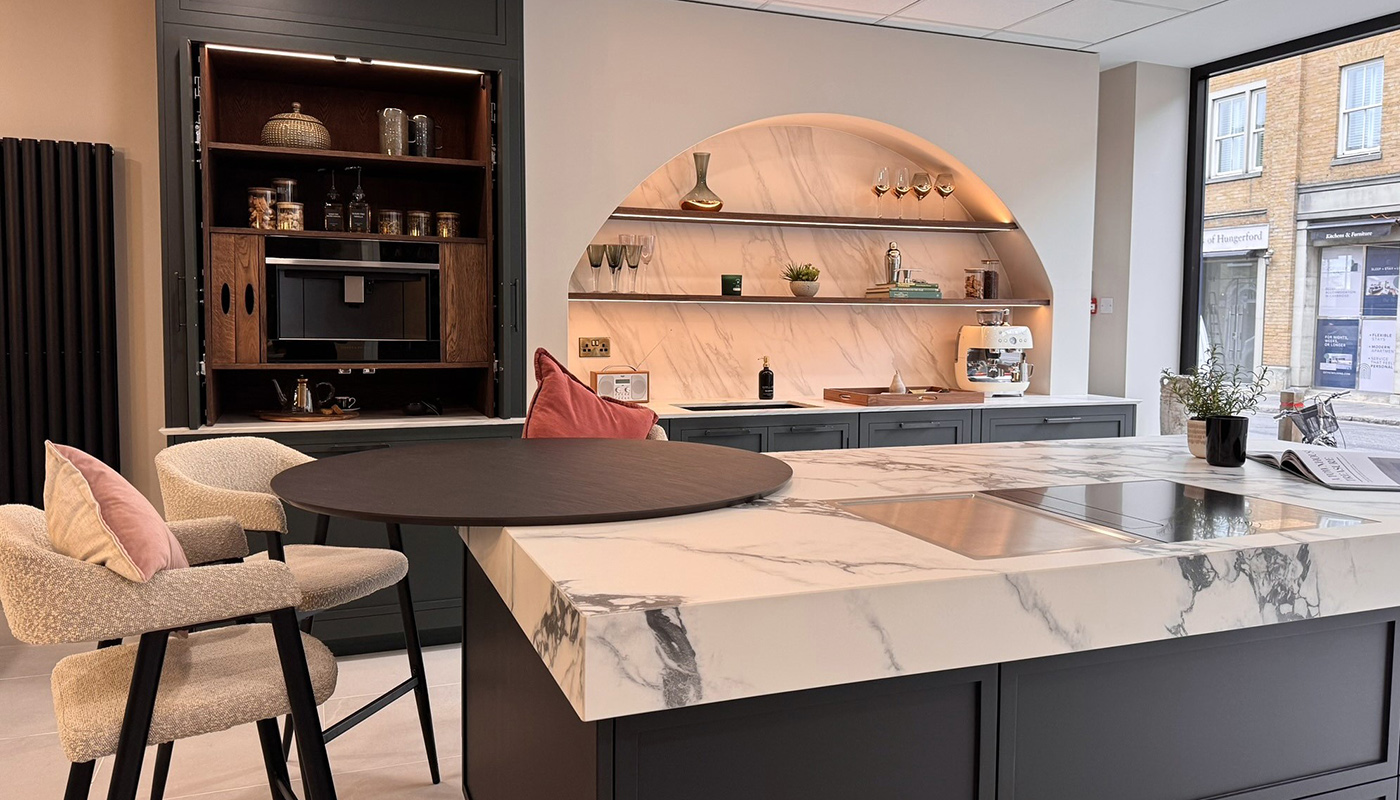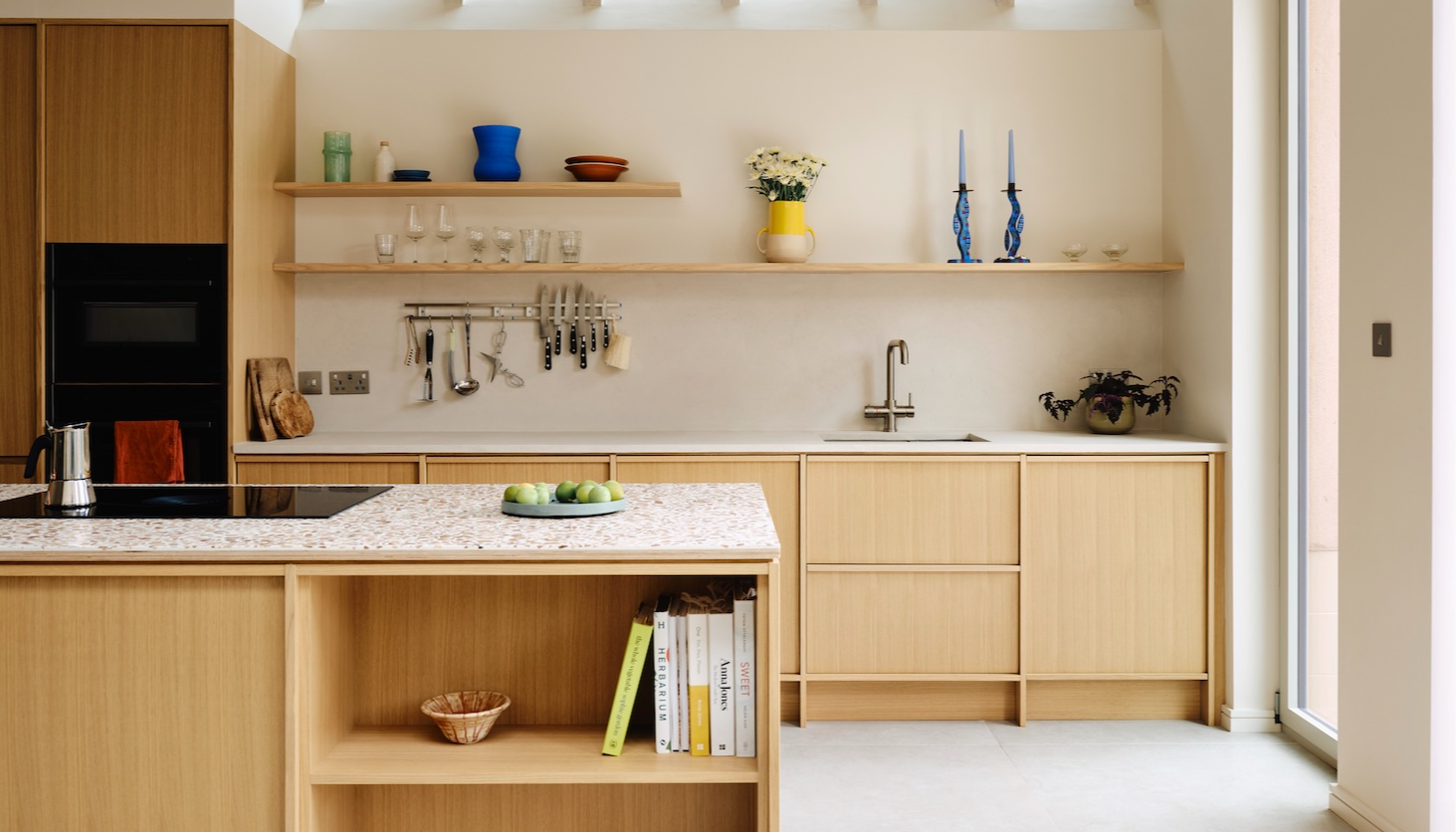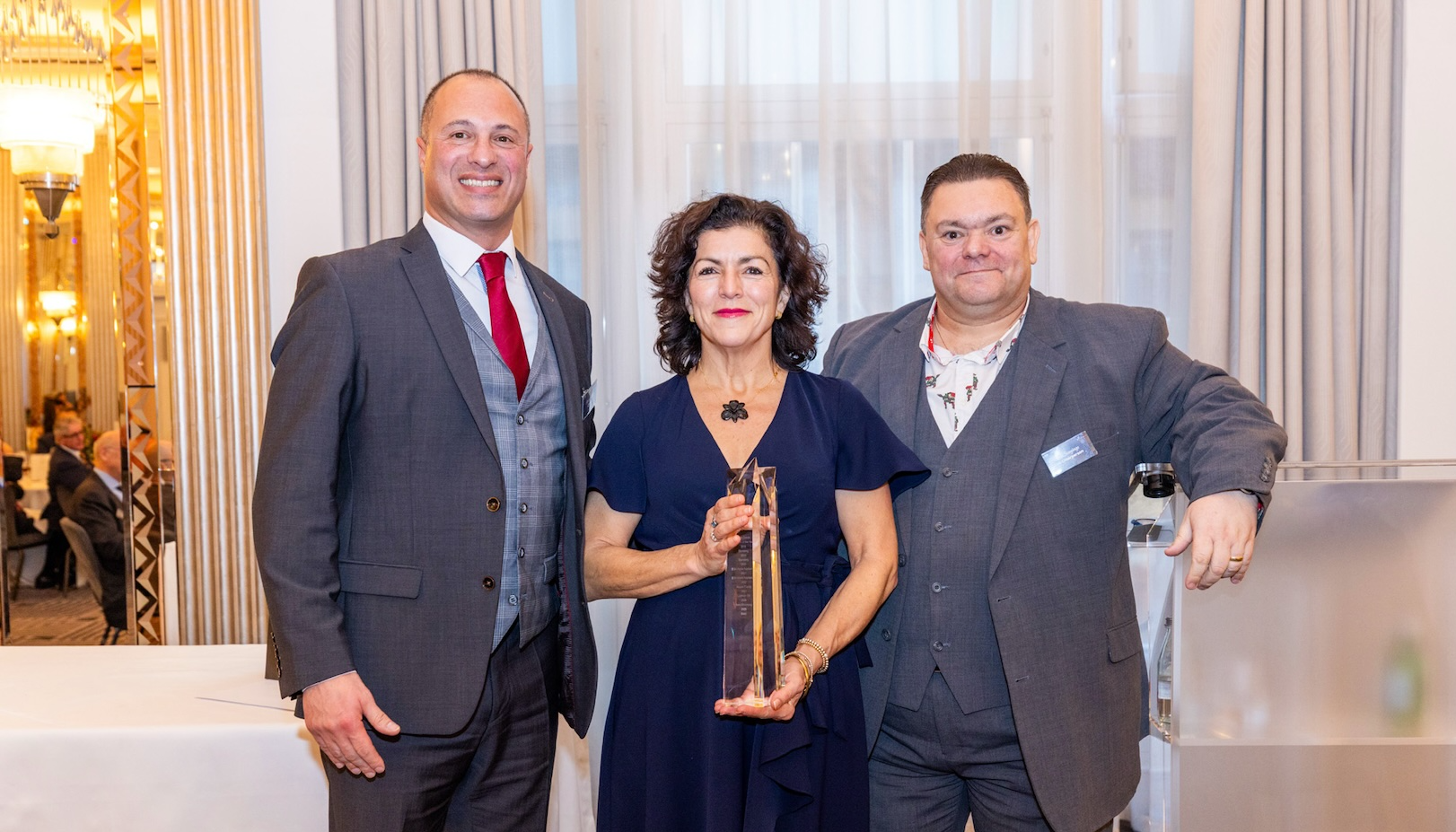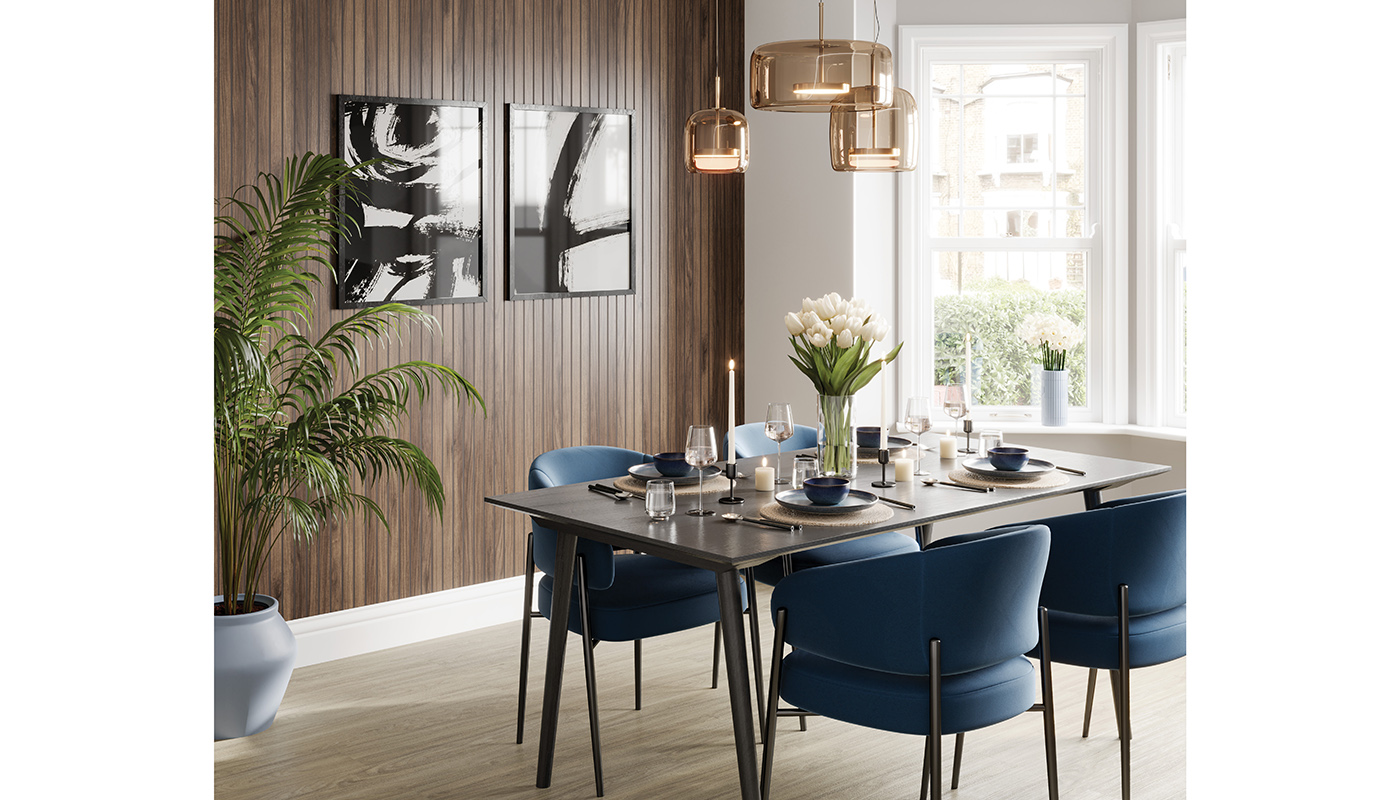Smart toilets are going mainstream – here's what you need to know
Wed 30th Apr 2025 by Nicola Hanley
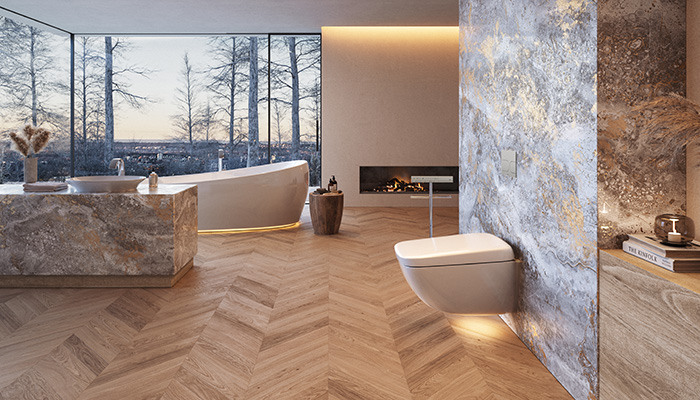
Smart toilets are going mainstream – here's what you need to know
Packed with innovative smart features, shower toilets are winning over UK consumers who are increasingly prioritising products that promote hygiene, convenience and accessibility while offering a touch of luxury – Nicola Hanley investigates this growing market.
One of the key trends that a team of 10 designers from Ripples noted during their two-day trip to ISH 2025 in March was the prevalence of smart WCs. “No longer a luxury reserved for high-end hotels, intelligent toilets with heated seats, deep-cleaning technology and integrated dryers are making their way into everyday homes,” they shared in their post-show highlights.
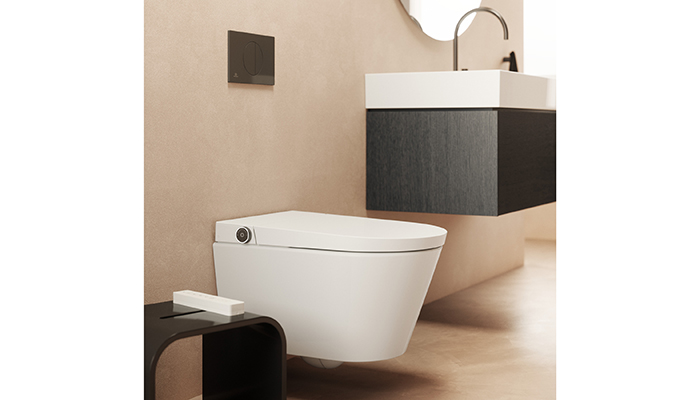
Louise Stalker, head of retail & projects at VitrA, agrees. “The UK market for smart toilets is growing steadily,” she says. “Once considered a niche product, we’re seeing smart toilets become more mainstream as consumers prioritise hygiene and convenience.”
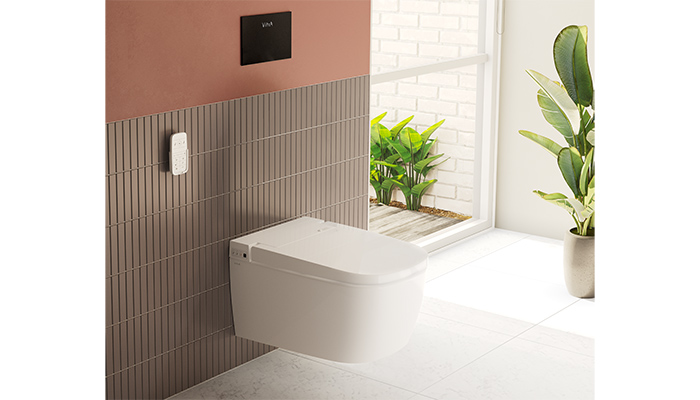
An innovator in the shower toilet market, TOTO has sold more than 60 million Washlets globally and has also noted an increase in demand in the UK with sales growing by 50% in 2024 compared to 2023. It’s a similar story at Geberit, which says the UK is showing strong growth, while Duravit reports that UK sales have soared by 400% over the last 4 years.
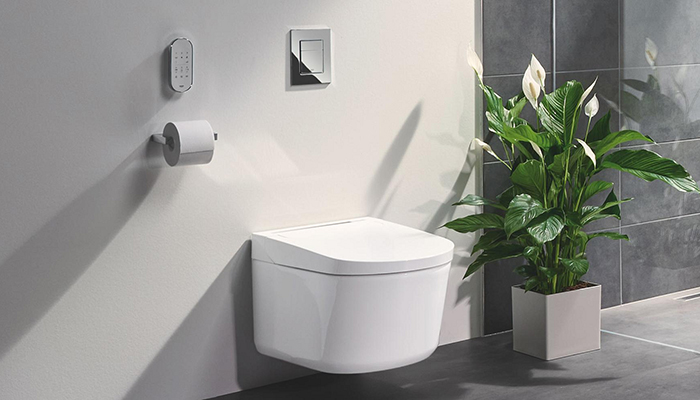
So what’s driving the growth? “Cleaning with water after using the toilet is an age-old tradition that is still favourited in many parts of the world,” comments Elina Enqvist-Twomey, leader, product management, flushing systems, fixtures and kitchen at Grohe UK. “Shower toilets bring this natural form of cleansing into the 21st century with features promoting improved personal hygiene, app connectivity and personalisation, making shower toilets a sought-after modern bathroom must-have within our digitally connected world.”
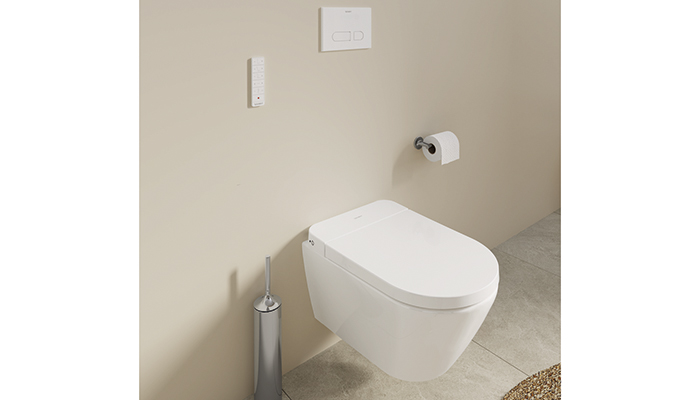
Duravit UK managing director Martin Carroll believes the environmental benefits of smart WCs are appealing to consumers who are looking to adopt a more eco-friendly lifestyle. “The shower toilet offers a sustainable alternative to toilet paper,” he says. “More practical than bidets, it combines the toilet and cleaning function in one – and the models that have a dryer enable drying afterwards. Thus, preventing the use of toilet paper, which benefits the environment and the water consumption of one cleansing with a shower toilet is just 0.35–0.6 litres per minute, depending on which intensity has been set.”
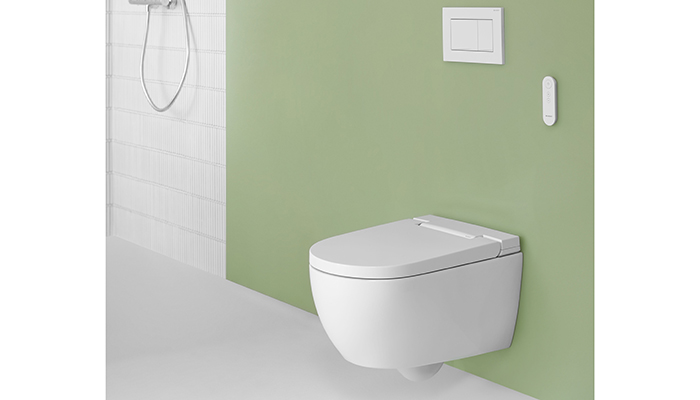
Danielle Lillis, product and marketing director at Geberit, notes the impact of the pandemic and multigenerational living on the shower toilet market. “Over the past few years, especially following the Covid-19 pandemic, there has been an increased focus on hygiene and cleanliness. That, along with a change in traditional household structures, including the rise in multi-generational living, has created a demand for accessible and hygienically optimised bathroom solutions. Shower toilets, with their advanced features, have emerged as a key response to these needs. While they are primarily used for their hygiene benefits, they also offer a touch of luxury, combining modern design, innovative technology, and exceptional comfort.”
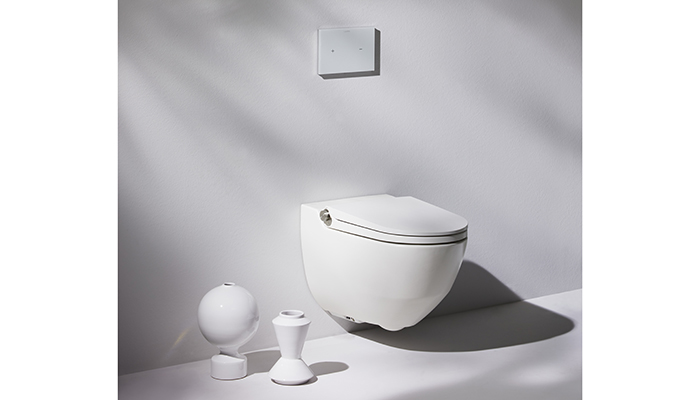
For Emma Mottram, brand marketing manager at Laufen, the improved aesthetics of the latest smart toilets is a big selling point. “This surge in demand is largely driven by the introduction of ceramic colours and PVD finishes, which allow smart toilets to blend seamlessly into a bathroom’s overall aesthetic. As consumers seek a balance of style and functionality, these design enhancements are expected to further accelerate market growth.”
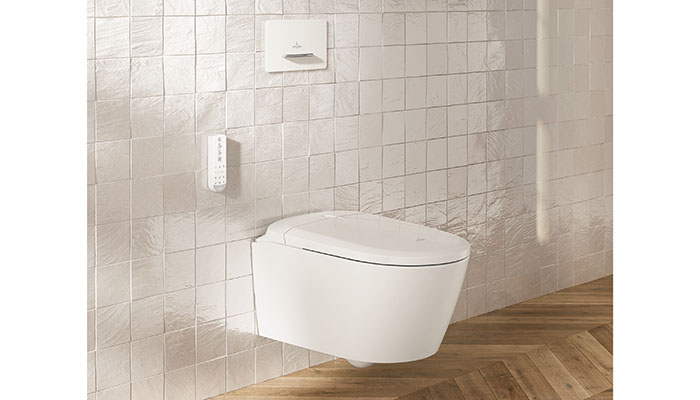
And what other features are appealing most to buyers? “Consumers are increasingly looking for features that promote comfort, convenience, and sustainability, such as water-saving capabilities, touchless operation, and advanced cleaning systems," says Fabrizia D’Autila, trade marketing manager UK at V&B. “The increased demand for smart features highlights a growing market for intelligent and resource-efficient bathroom solutions.”
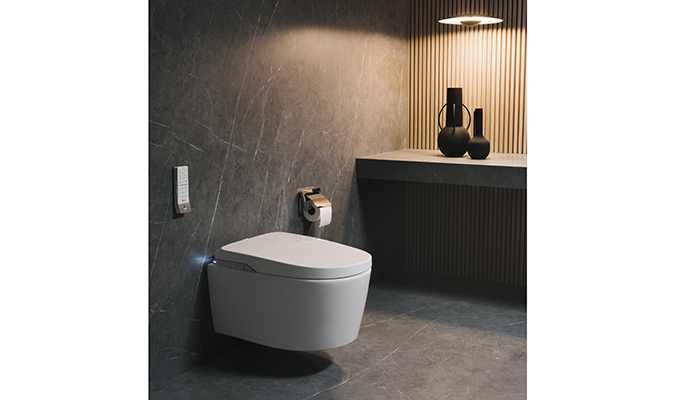
VitrA’s Stalker agrees. "Consumers now expect touch-free operation, heated seats, adjustable water and drying temperatures,” she says.
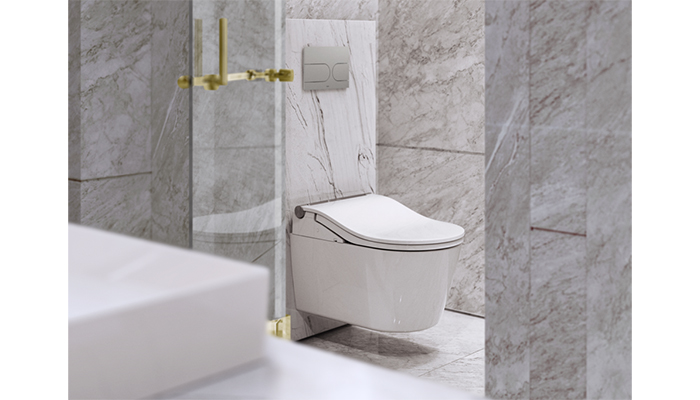
As consumer awareness of smart WCs continues to grow as more brands introduce models at a range of price points – Ideal Standard unveiled its first shower toilet at ISH – the UK market looks poised for continued growth. “The shower toilet market is set to evolve further, with increased integration into the smart bathroom ecosystem,” says Laufen’s Mottram. “As digital technology advances, bathroom elements will become more interconnected, offering a seamless and highly personalised experience. Future smart toilets will incorporate enhanced hygiene features, allowing users to customise settings such as water temperature, pressure, and wand position with greater precision. This evolution will position smart toilets as an essential component of the modern, fully connected bathroom.”
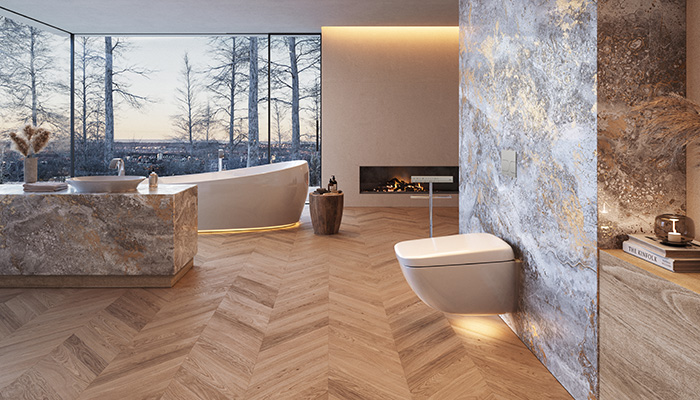
Tags: bathrooms, features, shower toilets, smart toilets, wcs, toto, ideal standard, geberit, grohe, vitra, laufen, villeroy & boch, duravit, roca






